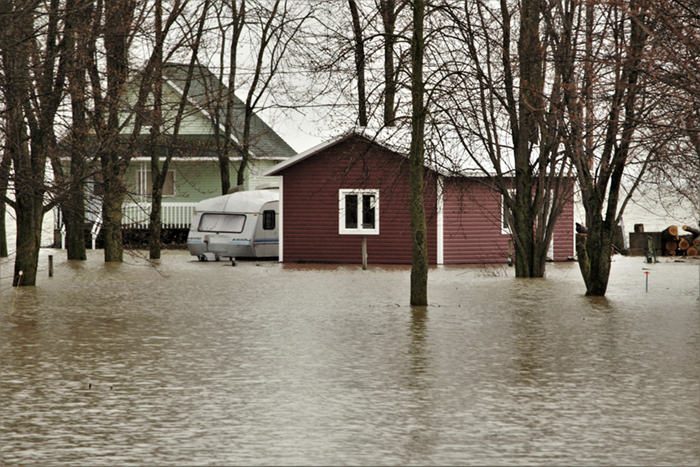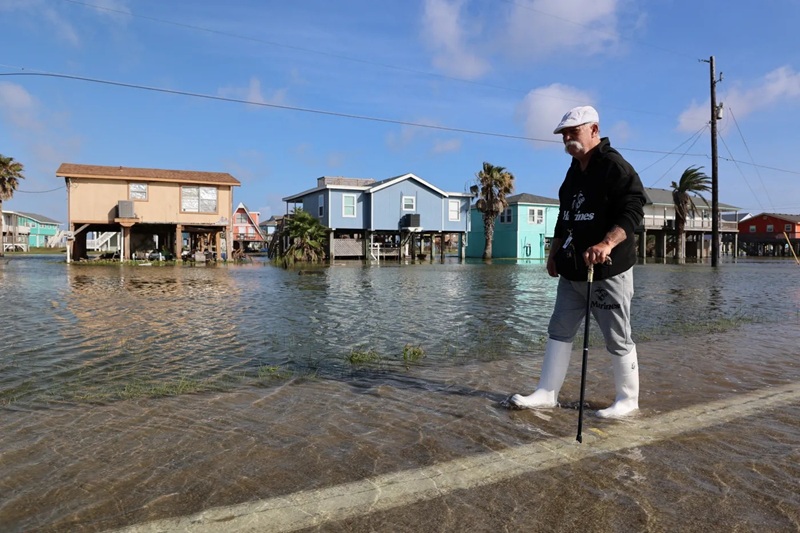Real Estate Values Going Down Due To Global Warming
October 8, 2025
Climate change isn’t just a future threat—it’s already reshaping the U.S. real estate market in ways many didn’t expect.

Climate change isn’t just a future threat—it’s already reshaping the U.S. real estate market in ways many didn’t expect. Rising sea levels, wildfires and flooding are making some areas riskier to live in. In some high-risk regions, home values are already declining while in others rising insurance costs and financing challenges are making it harder to sell. “Climate change is no longer a theoretical concern, it is a measurable force reshaping real estate markets and regional economies across the United States,” says Jeremy Porter, First Street’s head of climate implications research.
Coastal areas in states like Florida and Louisiana are seeing some of the biggest price drops. As weather intensifies and sea levels rise, buyers are becoming more hesitant to invest in waterfront properties that could be underwater—literally and financially—within a few decades. A 2023 study found that homes in flood-prone areas were overvalued by up to $200 billion, suggesting that the market is due for major correction. In areas prone to fires, rising insurance costs have made homeownership more expensive.
The financial consequences of climate-driven real estate shifts extend beyond individual homeowners. As property values drop, local governments lose tax revenue, which affects schools, infrastructure projects and emergency services. Municipalities that rely on property taxes to fund public programs may struggle to maintain essential services especially in areas that are seeing population declines due to climate migration. The banking industry is evolving as some lenders begin to factor climate risk into mortgage evaluations and interest rates. If a property is highly vulnerable to flooding or wildfires, lenders might be less willing to offer funding—or they might raise interest rates to counter potential risks.
As climate-related real estate trends speed up, homeowners and buyers can take actions to safeguard themselves. Reviewing FEMA’s flood maps and local climate forecasts prior to purchasing a home is becoming increasingly important. In certain regions, property owners are putting money into retrofitting techniques like elevating foundations or utilizing fire-resistant substances to enhance the resilience of their homes. Promoting improved climate policies at both local and federal levels could also be beneficial, especially regarding infrastructure enhancements and land use rules.
As climate change keeps altering the housing market, both people and communities must adjust. Whether via more informed buying choices, improved climate strategies or enhanced financial protections, tackling the escalating threats to real estate is increasingly important for homeowners, investors, and governments.

CONTACTS
How Climate Change is Reshaping Home Values Across the U.S.
EarthTalk® is produced by Roddy Scheer & Doug Moss for the 501(c)3 nonprofit EarthTalk. See more at https://emagazine.com. To donate, visit https://earthtalk.org. Send questions to: question@earthtalk.org.
